Summaries of books about Politics & Social Sciences:
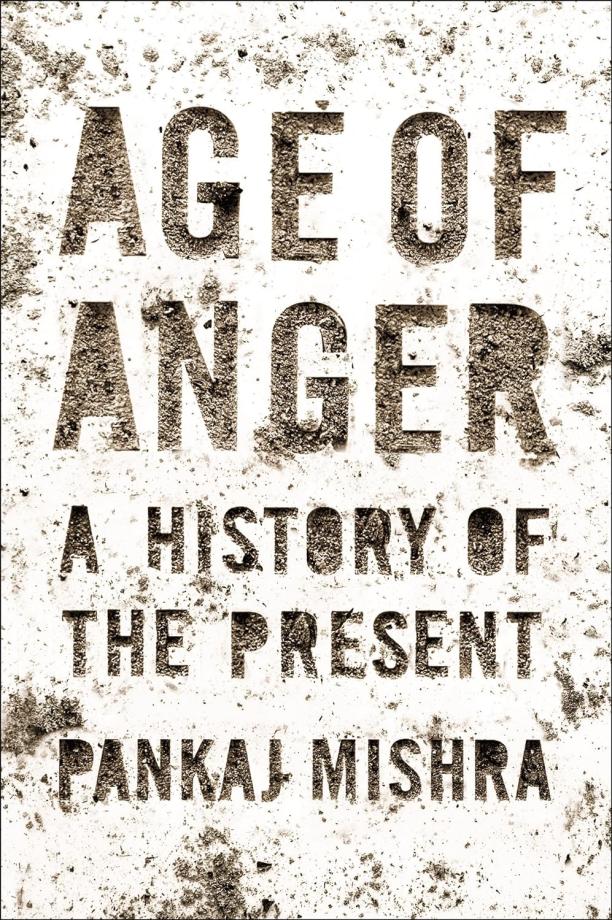
Age of Anger
A History of the Present
Pankaj Mishra
The book explores the origins of the widespread discontent and rage characterizing global society in the 21st century, tracing it back to the spread of western modernity, the tensions it creates, and the resulting cultural and economic disruptions. It draws parallels between historical and contemporary figures, illustrating how the disenchantment and alienation felt by many today echo the violent political movements of the 18th and 19th centuries.
See full summary
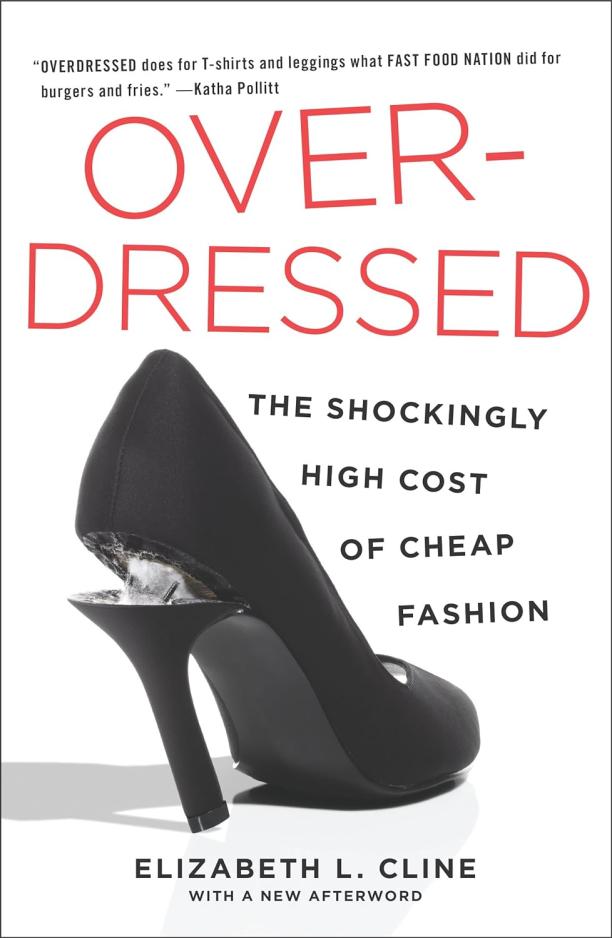
Overdressed
The Shockingly High Cost of Cheap Fashion
Elizabeth L. Cline
The book investigates the detrimental effects of fast fashion on the environment, economy, and society, revealing how the relentless pursuit of cheap, trendy clothing leads to a culture of disposable apparel and widespread labor abuses. It urges consumers to reconsider their shopping habits and the fashion industry to adopt more sustainable and ethical practices.
See full summary
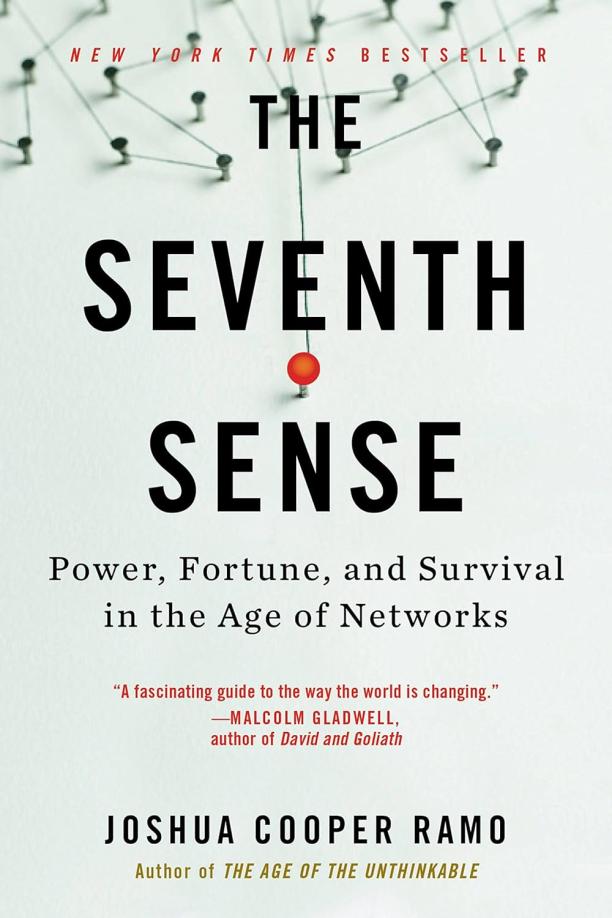
The Seventh Sense
Power, Fortune, and Survival in the Age of Networks
Joshua Cooper Ramo
The book explores the concept of the "seventh sense," an ability to look at the world through the lens of networks, which is crucial for understanding and navigating the interconnected age. It discusses how this sense is essential for gaining power and insight in a world where networks dictate the flow of information, capital, and influence.
See full summary
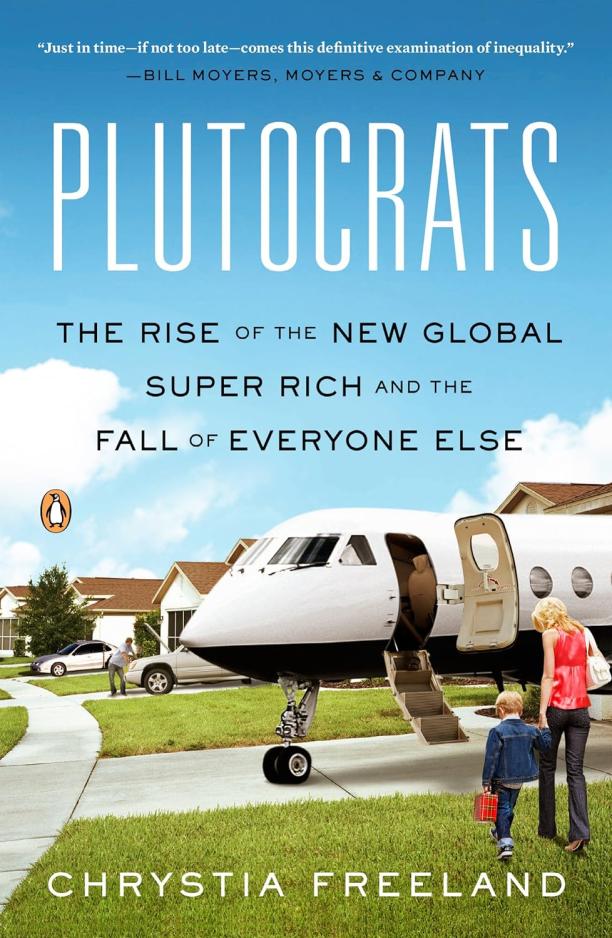
Plutocrats
The Rise of the New Global Super-Rich and the Fall of Everyone Else
Chrystia Freeland
The book examines the growing economic disparity, focusing on the lives and influence of the ultra-wealthy elite in the context of global capitalism. It explores the consequences of this wealth gap, including its impact on politics, society, and the economy at large.
See full summary

Liberalism and Its Discontents
Francis Fukuyama
The book presents a critical analysis of the current state of liberal democracy, examining its philosophical underpinnings and the challenges it faces from both the political left and right. It argues for a reinvigoration of classical liberalism to address issues like identity politics, economic inequality, and the erosion of social norms.
See full summary
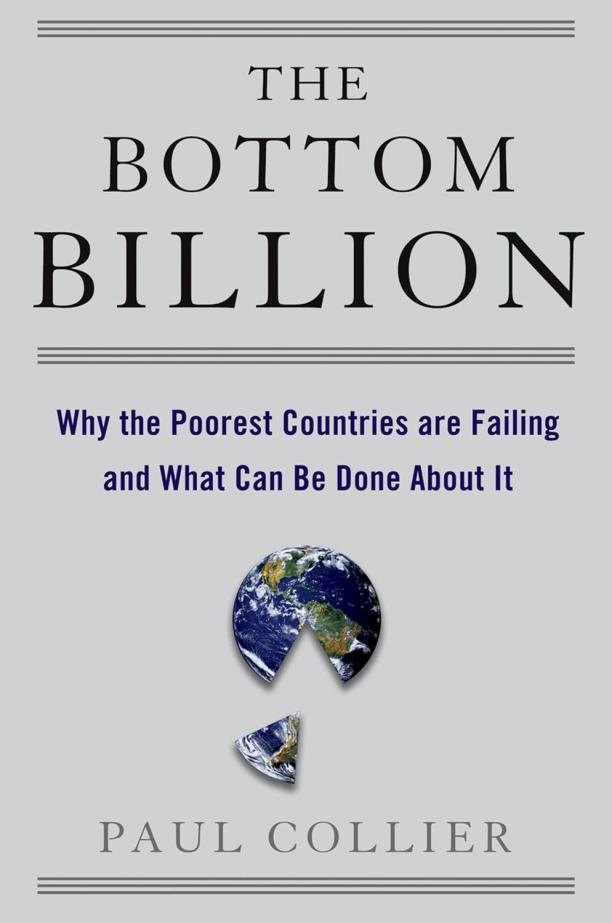
The Bottom Billion
Why the Poorest Countries are Failing and What Can Be Done About It
Paul Collier
The book analyzes the reasons behind the entrenched poverty of approximately one billion people in the world's poorest countries, identifying factors such as conflict, natural resource dependence, and poor governance. It proposes a series of solutions, including targeted aid, military interventions, and international policies, to help these countries break the cycle of poverty and integrate into the global economy.
See full summary
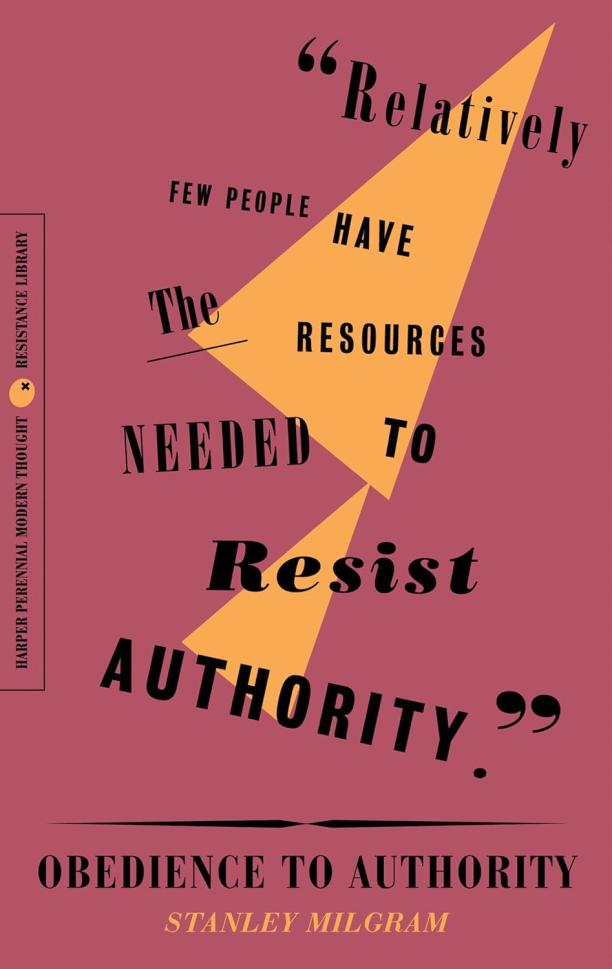
Obedience to Authority
An Experimental View
Stanley Milgram
The book presents the author's groundbreaking psychological experiments from the 1960s, which tested individuals' willingness to obey authority figures, even when instructed to perform actions conflicting with their personal conscience. It delves into the implications of the findings, exploring the nature of obedience and its role in society, particularly in relation to historical events such as the Holocaust.
See full summary
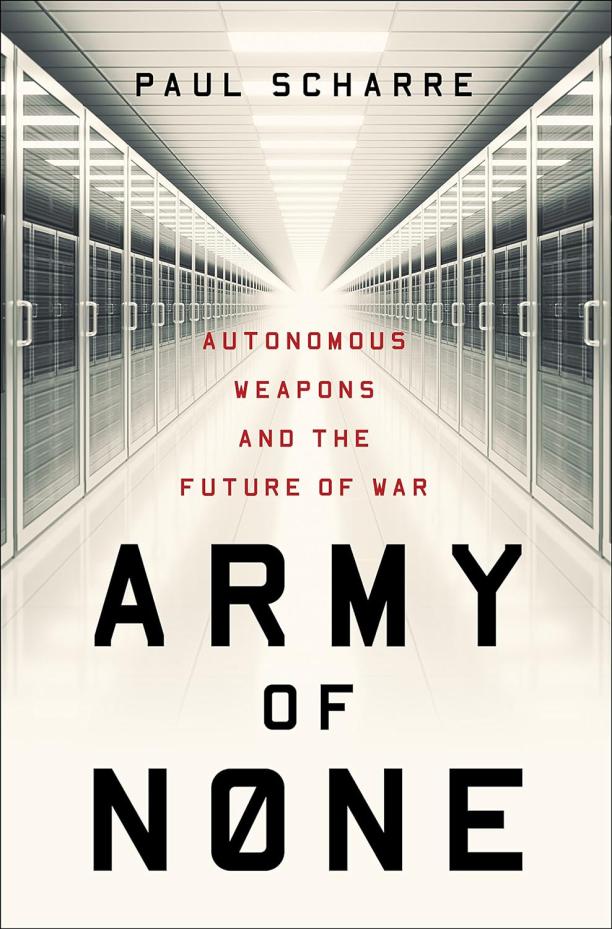
Army of None
Autonomous Weapons and the Future of War
Paul Scharre
The book explores the technological, ethical, and strategic implications of autonomous weapons systems, delving into the future of warfare where human decision-making may be increasingly supplemented or replaced by artificial intelligence. It discusses the potential benefits and dangers of these weapons, the challenges of international regulation, and the moral dilemmas posed by delegating life-and-death decisions to machines.
See full summary
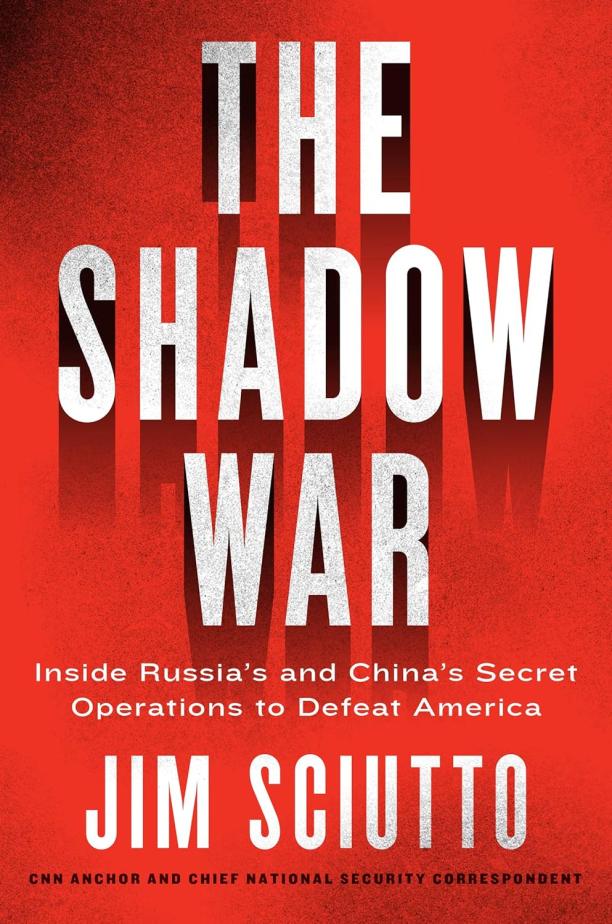
The Shadow War
Inside Russia's and China's Secret Operations to Defeat America
Jim Sciutto
The book examines the covert tactics used by Russia and China to undermine American national security and influence global power dynamics. It delves into cyberattacks, espionage, and political manipulation, revealing how these nations are engaging in a new kind of conflict that falls short of traditional warfare.
See full summary
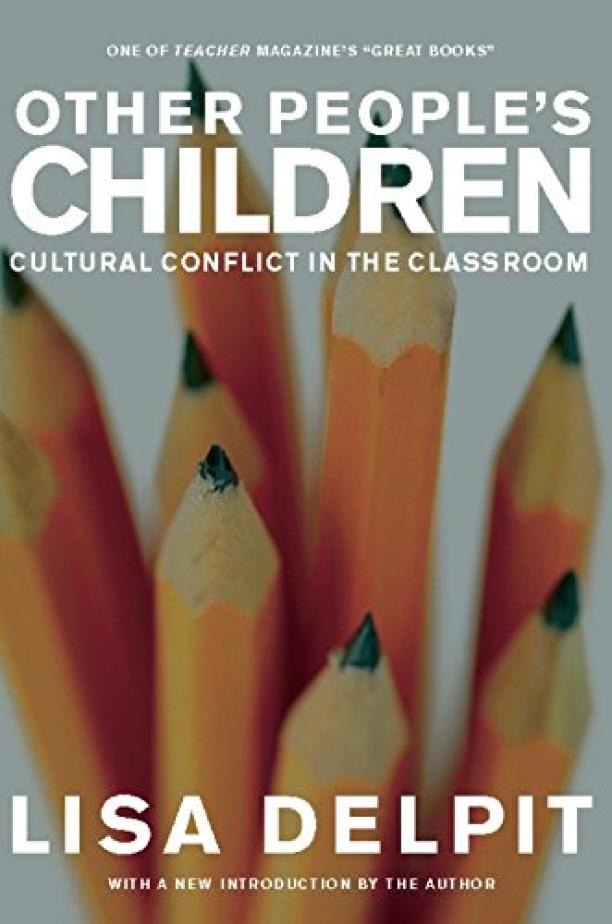
Other People’s Children
Cultural Conflict in the Classroom
Lisa Delpit
The book examines the impact of cultural differences and power dynamics on education, arguing that teachers often impose dominant cultural norms on students from diverse backgrounds, leading to educational disparities. It advocates for a more culturally responsive pedagogy that recognizes and values the cultural capital of all students to create a more equitable learning environment.
See full summary